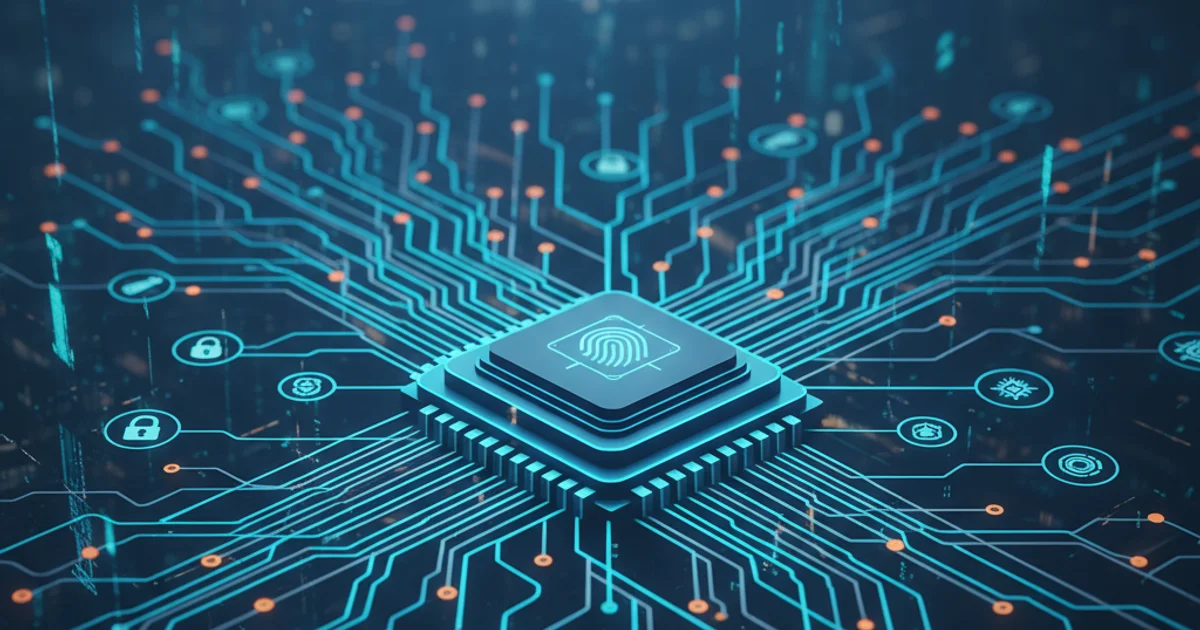Does randomUUID give a unique id?
Categories:
Understanding UUID Uniqueness: How RandomUUID Works

Explore the uniqueness guarantees of UUIDs generated by java.util.UUID.randomUUID() and delve into the statistical probabilities and practical considerations for collision avoidance.
In distributed systems and databases, generating unique identifiers is a common requirement. Java's java.util.UUID.randomUUID() method is a popular choice for this purpose. But how unique are these IDs, really? This article will demystify the concept of UUID uniqueness, focusing on the randomUUID() implementation, its underlying mechanisms, and the statistical likelihood of collisions.
What is a UUID?
A Universally Unique Identifier (UUID), also known as a Globally Unique Identifier (GUID), is a 128-bit number used to uniquely identify information in computer systems. When generated according to standard methods, UUIDs are, for practical purposes, unique over time and space. This means that two independently generated UUIDs are highly unlikely to be the same.
How randomUUID() Generates IDs
The java.util.UUID.randomUUID() method generates a Type 4 (randomly generated) UUID. This type of UUID is generated using a cryptographically strong pseudo-random number generator. It consists of 128 bits, where 6 bits are fixed (version and variant), and the remaining 122 bits are generated randomly. This random generation is the core of its uniqueness.
import java.util.UUID;
public class UUIDGenerator {
public static void main(String[] args) {
UUID uniqueId = UUID.randomUUID();
System.out.println("Generated UUID: " + uniqueId);
}
}
Example of generating a UUID using randomUUID()
flowchart TD
A[Start: Call UUID.randomUUID()] --> B{Generate 122 Random Bits}
B --> C{Set Version (4) and Variant Bits}
C --> D[Combine Bits into 128-bit UUID]
D --> E[Format as String (e.g., xxxxxxxx-xxxx-4xxx-yxxx-xxxxxxxxxxxx)]
E --> F[End: Return UUID]Simplified process of randomUUID() generation
The Probability of Collision
The uniqueness of random UUIDs is probabilistic, not guaranteed. However, the probability of a collision (two identical UUIDs being generated) is astronomically low. With 122 random bits, there are 2^122 possible UUIDs. To put this into perspective, the probability of collision is often compared to the likelihood of other extremely rare events.
According to RFC 4122, which defines UUIDs, the number of random UUIDs that a person would have to generate before the probability of collision reached 50% is 2.71 quintillion (2.71 x 10^18). To reach a 50% chance of collision, you would need to generate 2.71 quintillion UUIDs. If you generated 1 billion UUIDs per second for 100 years, the probability of a single collision would still be negligible.
randomUUID() provides a sufficiently unique identifier. The risk of collision is far lower than other system failures or data corruption events.Factors Affecting Uniqueness
The strength of the random number generator is crucial for the uniqueness of Type 4 UUIDs. java.util.UUID uses java.security.SecureRandom, which is cryptographically strong, ensuring high-quality randomness. If a weaker random number generator were used, the probability of collisions would increase. However, with SecureRandom, this is not a practical concern for standard Java environments.
java.util.UUID.